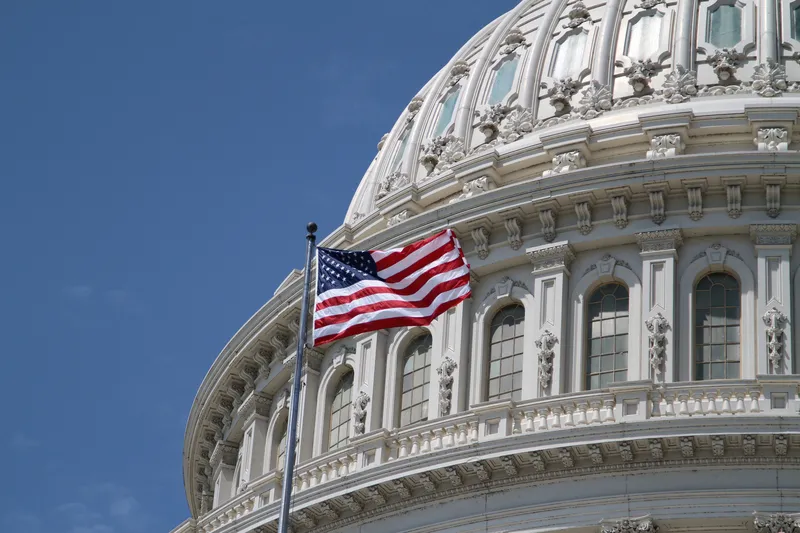Following the passage of the short-term Highway Trust Fund bill, Patrick Jones, CEO of the International Bridge, Tunnel and Turnpike Association, (
He says that now that Congress has ‘patched’ the Highway Trust Fund to save it from insolvency, it is time to get some clarity on a notable element of the Obama administration’s Grow America Act that would lift the decades-old ban on tolling the interstates. Removing this ban would give states much-needed flexibility to tackle their growing transportation challenges. Yet critics of both tolling and the administration’s proposal are incorrectly suggesting that tolling is being proposed as a means of paying for the federal highway program.
In fact, nobody has suggested that tolling is a way to replenish the Highway Trust Fund. The administration’s proposal would give states the flexibility to use tolling to rebuild interstate highways. Tolling is one of the ways to fund the construction or re-construction of a road using long-term financing, such as bonding, which is then repaid from the tolls collected over many years. The proposal says nothing about slapping fees on roads; on the contrary, it explicitly states that tolling will be allowed specifically for the purpose of reconstructing interstate highways.
Tolling would allow a portion of the nation’s many miles of worn-out and crumbling interstates to become self-financing. In this way, the limited monies in the Highway Trust Fund could be focused on other highways where tolling may not be a suitable funding method.
The core truth about our transportation system is that the public values it, uses it in myriad ways every day, yet is reluctant to pay to maintain or improve it. Any proposal to raise money for transportation from the wallets of users — be it a fuel tax increase, a toll or a road user charge — can be demonized for straining family budgets, increasing the cost of shipping or otherwise harming the general economy. The hard truth embedded in the Highway Trust Fund patch debate is that we as a country have been underfunding our highway system for decades. Unless we are willing to allow the owners of the interstates - the states themselves - the freedom to consider all options to address their own funding needs, then we are putting unnecessary obstacles in their path.
Like other transportation advocates, we support an increase in federal fuel taxes to replenish the federal Highway Trust Fund and provide funding certainty to states. In addition, we also support this principle: Let states and localities decide the best way to pay for their roads. Americans from Southern California to Maine and Seattle to Miami want to drive on roads that are safe and reliable, not roads that are falling apart. If Congress wants to take a bold step forward for the American driver, they’ll let states and localities decide which funding and financing tools are best for them. One-way to start: lift the ban on tolling interstate highways so states can use this tool to rebuild their worn out and underfunded interstate highways.
Use tolling to help rebuild interstate highways
Following the passage of the short-term Highway Trust Fund bill, Patrick Jones, CEO of the International Bridge, Tunnel and Turnpike Association, writing in Roll Call, writes that states should now be focused on capitalising on a key part of the Grow America Act, which will lift the ban on interstate tolling, allowing states to determine how to fund reconstruction of interstate highways.
He says that now that Congress has ‘patched’ the Highway Trust Fund to save it from insolvency, it is time to get some
August 21, 2014
Read time: 3 mins
RSS








